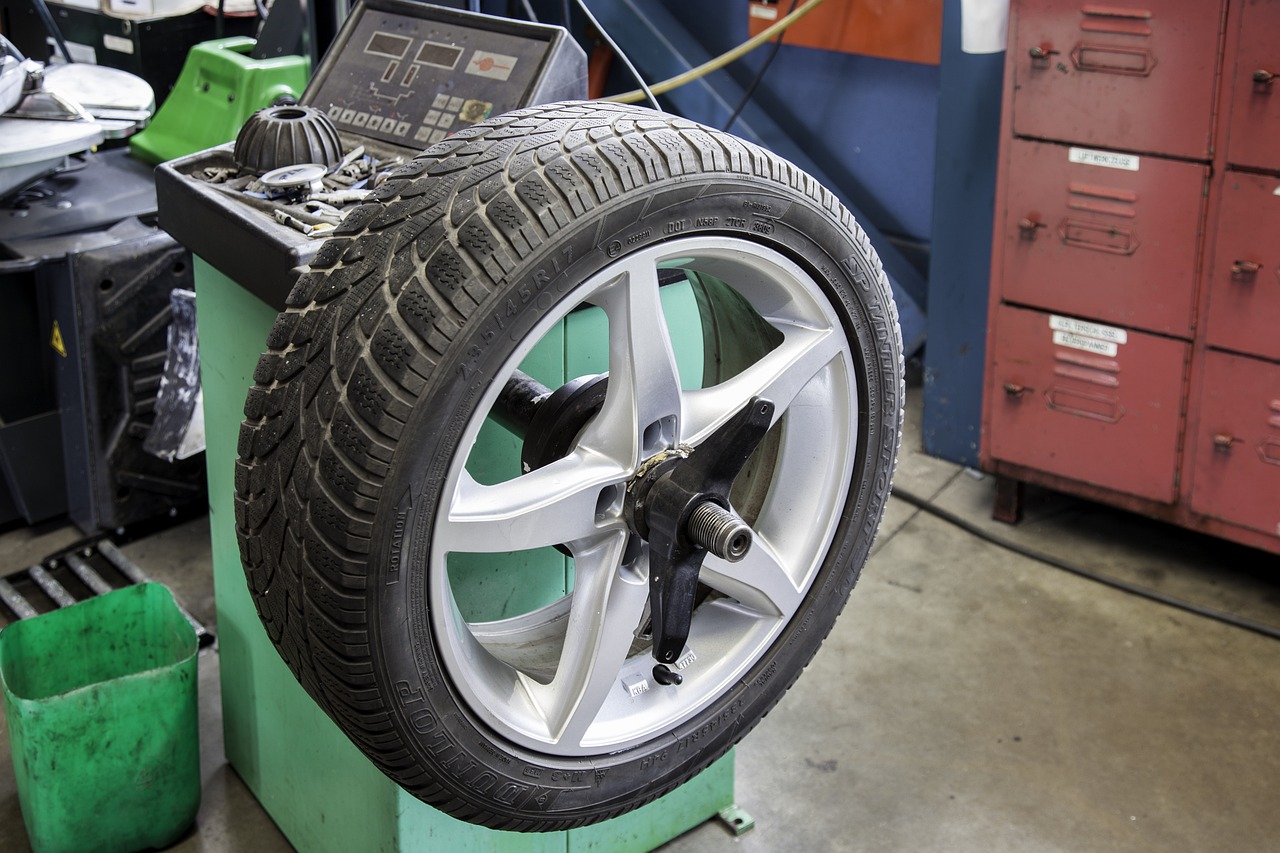Senate GOP Poised To Revoke California’s Vehicle Emissions Waivers Amid Legal Concerns


The U.S. Senate is set to vote Thursday on revoking three vehicle emissions waivers granted to California, a move that has sparked controversy and raised questions about the legality of the action. The waivers, which were approved by the Biden administration’s Environmental Protection Agency (EPA) in 2024, allow California to set stricter vehicle emissions standards than federal regulations.
Senate Minority Leader Chuck Schumer has dubbed the planned vote “the nuclear option,” highlighting the contentious nature of the decision. The waivers in question aim to reduce tailpipe emissions from medium and heavy-duty vehicles, limit smog pollution from trucks, and phase out gas-powered cars in favor of zero-emission vehicles by 2035 in California.
While Republicans argue that the Congressional Review Act grants Congress the power to overturn rules passed by federal agencies, including the waivers, by a simple majority vote, nonpartisan government watchdogs disagree. The Government Accountability Office and the Senate Parliamentarian have found that the Congressional Review Act cannot be used to vote down California’s waivers, as they are not considered rules, according to Senate Democrats.
Despite this, Senate Majority Leader John Thune, who supports revoking the waivers, stated, “the EPA has submitted the waivers to Congress as rules – which is all that Congress has ever needed to decide to consider something under the Congressional Review Act.”
Democrats, however, maintain that such a vote is illegal and warn that overruling the Parliamentarian and bypassing the filibuster sets a dangerous precedent. Senate Finance Committee Ranking Member Ron Wyden, an Oregon Democrat, cautioned, “If they invoke this nuclear option now, they should expect that a future Democratic government will have to revisit decades worth of paltry corporate settlements, deferred prosecution agreements, and tax rulings that were overly favorable to multinationals and ultra-wealthy individuals.”
The California Air Resources Board, the state body responsible for designing the vehicle emissions regulations and requesting the waivers, claims that the state has applied for over 100 waivers in the past 50 years, resulting in vehicles being 99% cleaner in terms of pollution compared to those from 1970. Mary Nichols, former chairwoman of the board, emphasized that the Clean Air Act allows California to set its own standards if they are more stringent and environmentally protective than federal standards. Nichols also stated that if Congress uses the Congressional Review Act to revoke the waivers, the state of California will sue the federal government.
California Attorney General Rob Bonta has also expressed his office’s readiness for a legal battle, telling Politico, “We don’t think it’s an appropriate use of the Congressional Review Act, and we’re prepared to defend ourselves if it’s wrongfully weaponized.”
The decision to vote down California’s waivers is expected to have far-reaching consequences, as 16 additional states and the District of Columbia have adopted California’s vehicle standards. Republicans have been critical of California’s emissions rules, particularly the one aimed at promoting electric vehicles, with Sen. Shelley Moore Capito, a West Virginia Republican, claiming that the rules amount to “forcing certain states and certain consumers to purchase a vehicle that they may not want or that they can’t find.”
The auto industry has been pushing for Republicans to revoke California’s waivers, with the Specialty Equipment Market Association, which represents businesses dependent on internal combustion engines, stating, “The death of California’s waiver will give life to more than 330,000 American jobs and preserves over $100 billion of economic impact to the nation’s economy.”
Environmental groups, however, are alarmed by the unprecedented use of the Congressional Review Act to revoke the waivers. The Environmental Defense Fund warned that a vote by Congress would undermine California’s ability to address pollution and could set a precedent for “sweeping congressional nullifications of other executive actions that are outside the scope of the CRA.”
As the Senate prepares to vote on this contentious issue, the nation awaits the outcome and the potential legal challenges that may follow…










